
Treatment with trastuzumab deruxtecan produced promising efficacy results for patients with HER2-positive metastatic colorectal cancer.

Your AI-Trained Oncology Knowledge Connection!


Treatment with trastuzumab deruxtecan produced promising efficacy results for patients with HER2-positive metastatic colorectal cancer.

Results from a phase 1/2 study showed that a combination of encorafenib, cetuximab, and nivolumab was well tolerated and yielded promising responses in patients with microsatellite stable BRAFV600E metastatic colorectal cancer.
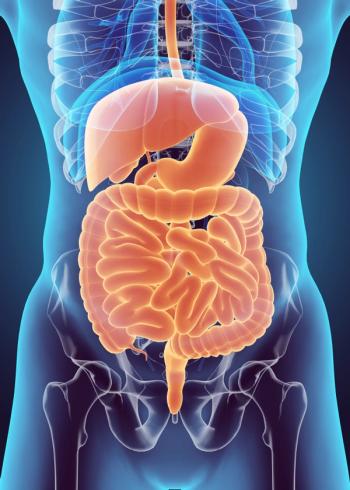
Although the combination of regorafenib and pembrolizumab failed to meet significance for progression-free survival, an improvement in overall survival and disease control were observed for patients with microsatellite stable colorectal cancer.

Pembrolizumab, binimetinib , and bevacizumab led to deep and durable responses for patients with microsatellite-stable, treatment-refractory metastatic colorectal cancer.

Patients with KRAS-mutant metastatic colorectal cancer who were treated with a combination containing onvansertib had a tolerable safety profile.
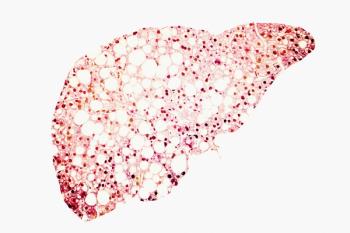
Patients with advanced hepatocellular carcinoma achieved notable improvements in survival and responses following treatment with transarterial chemoembolization and lenvatinib.

Interim results of a phase 2 trial found a safe toxicity profile for olaparib plus pembrolizumab in advanced cholangiocarcinoma.

The quality of life was maintained for patients with esophageal cancer plus including gastroesophageal junction adenocarcinoma when treated with pembrolizumab plus chemotherapy.
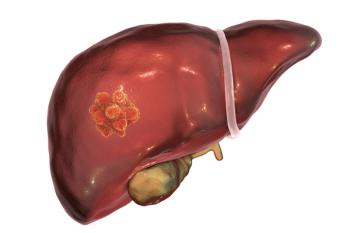
A safe and tolerable treatment option of transarterial chemoembolization combined with lenvatinib plus sintilimab was given to patients with hepatocellular carcinoma.

Nivolumab in combination with chemotherapy was beneficial vs chemotherapy alone in patients with gastric or gastroesophageal junction cancer at a follow-up of at least 24 months.
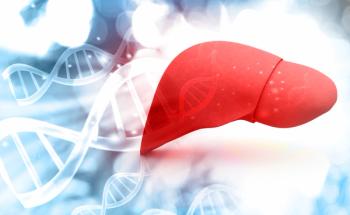
Using transarterial chemoembolization, lenvatinib, and PD-1 checkpoint blockade in patients with unresectable advanced hepatocellular carcinoma appears to be a safe and effective option.
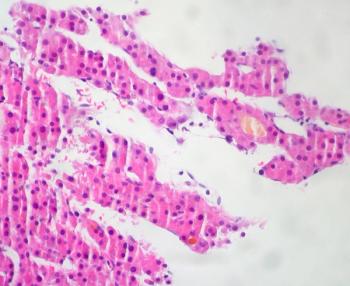
A multicenter study found that using lenvatinib for initial treatment helped to increase survival in patients with stage B2 hepatocellular carcinoma.

Although sintilimab improved overall response rates and maintained a tolerable safety profile for patients with metastatic or recurrent pancreatic adenocarcinoma, it did not improve overall or progression-free survival.
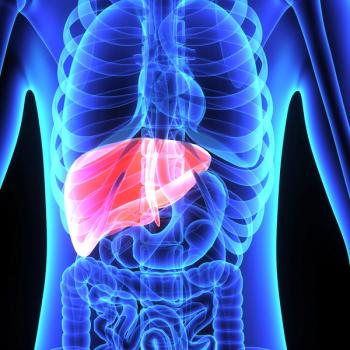
Patients with advanced hepatocellular carcinoma achieved a statically significant and clinically meaningful survival benefit following treatment with pembrolizumab and best supportive care in the second line.

Patients with biliary tract cancer who were given the adjuvant oral fluoropyrimidine derivative S-1 had better overall survival compared with surgery alone.
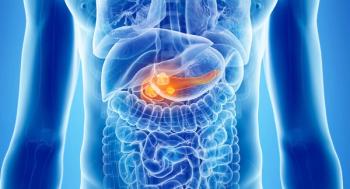
Updated results from a cohort of the KRYSTAL-1 trial spotlight the potential of adagrasib for patients with previously treated KRAS G12C¬–mutant gastrointestinal tumors.

Risks of skin-related adverse events from nivolumab may be predicted by the presence of Arthrobacter and fatty acid metabolism pathways in the gut microbiome of patients with advanced gastric cancer.

Adding pembrolizumab to chemotherapy does not improve outcomes over chemotherapy alone in patients with advanced gastric or gastroesophageal junction adenocarcinoma, according to updated results of the KEYNOTE-062 trial.
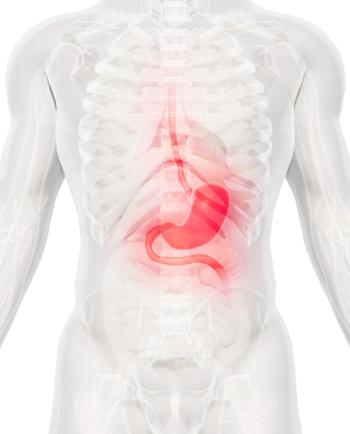
Patients with resectable microsatellite instable/mismatch repair–deficient oeso-gastric junction adenocarcinoma experienced a high rate of pathologic complete response following treatment with neoadjuvant nivolumab and ipilimumab followed by adjuvant nivolumab.
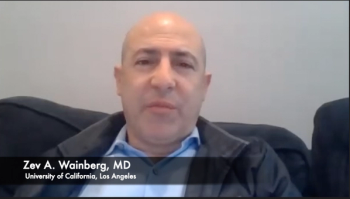
In an interview with CancerNetwork® during the 2022 Gastrointestinal Cancer Symposium, Zev A. Wainberg, MD, discussed key updates from the phase 3 KEYNOTE-062 trial, examining pembrolizumab plus or minus chemotherapy for patients with advanced gastric and gastroesophageal junction adenocarcinoma.

Patients saw an improvement in overall survival when given fam-trastuzumab deruxtecan-nxki to treat HER2-positive gastric cancer or gastroesophageal junction adenocarcinoma.

Patients with unresectable hepatocellular carcinoma received an overall survival benefit following first-line treatment with durvalumab (Imfinzi) and tremelimumab.

When compared with placebo and chemotherapy, durvalumab plus gemcitabine and cisplatin was superior in terms of overall survival in the treatment of advanced biliary tract cancer.
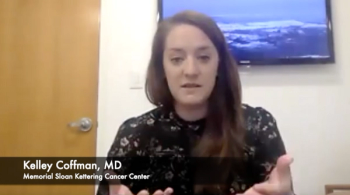
The hospitalist at Memorial Sloan Kettering Cancer Center discussed what she believes is most important for practicing oncologists to understand about a study of 177Lu-DOTATATE in well-differentiated, high-grade neuroendocrine tumors.

The hospitalist at Memorial Sloan Kettering Cancer Center spoke about the next steps for a study which evaluated patients with well-differentiated, high-grade neuroendocrine tumors (NETs) who were treated with 177Lu-DOTATATE.
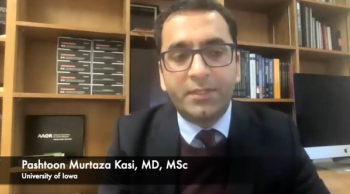
The novel search tool uses artificial intelligence to restructure trial information, making it easier for patients and providers to access clinical trial information.

The hospitalist at Memorial Sloan Kettering Cancer Center highlighted important takeaways from a study which evaluated the use of 177Lu-DOTATATE in patients with well-differentiated, high-grade neuroendocrine tumors.

The expert in hematology/oncology discussed what research he is most looking forward to seeing the results of at the meeting.
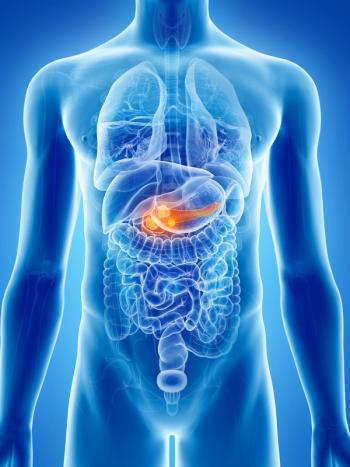
Sohal spoke with CancerNetwork® regarding recent clinical data investigating 2 common pancreatic cancer treatment regimens: FOLFIRINOX and gemcitabine/nab-paclitaxel.

The expert in hematology/oncology discussed the implications of a study which evaluated the use of peptide receptor radionuclide therapy in patients with well-differentiated neuroendocrine tumors.